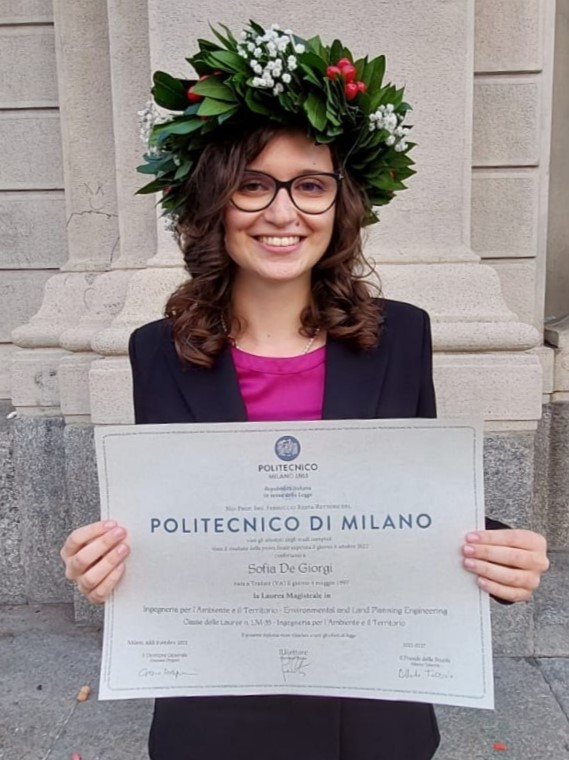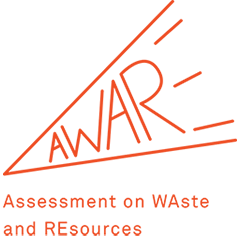
La gestione dei rifiuti sanitari rappresenta ancora oggi una grande sfida per molti Paesi poveri di risorse. Infatti, le condizioni socio-economiche del contesto di origine influenzano fortemente la generazione e le modalità di gestione dei rifiuti sanitari, evidenziando le differenze tra i Paesi ad alto reddito e quelli a medio e basso reddito. Con l’arrivo della pandemia da COVID-19, alla fine del 2019, la generazione dei rifiuti sanitari ha subito delle variazioni: sono aumentate le quantità, soprattutto relative ai rifiuti infettivi, come i dispositivi di protezione individuale, e il luogo di origine non è più limitato solo alle strutture sanitarie, ma comprende anche le abitazioni dei soggetti positivi al virus posti in isolamento, i cui rifiuti urbani sono considerati infettivi e gestiti come tali. Questo fenomeno ha determinato delle variazioni anche nelle pratiche di trattamento e gestione e, di conseguenza, ha acuito le condizioni critiche dei contesti già vulnerabili.
Nel mio lavoro di tesi si presentano delle proposte di intervento nel quartiere informale Chamanculo della capitale del Mozambico Maputo, per quanto riguarda la gestione dei rifiuti infettivi, derivanti dalla pandemia da COVID-19. Considerando i flussi di rifiuti sanitari generati a livello comunitario, è stato progettato un sistema di gestione, che comprende le fasi di raccolta e conferimento, di stoccaggio, di trattamento di disinfezione e di smaltimento finale. Si valutano, inoltre, delle alternative, qualora i vincoli economici, tecnologici e gestionali del contesto siano particolarmente restrittivi. Infine, si presentano anche delle proposte applicabili a livello comunitario per la riduzione della generazione di rifiuti sanitari, sostituendo le mascherine monouso con quelle riutilizzabili tessute in stoffa.

Humankind is the primary cause of the alteration of the ecosystem and has forced the degradation of the environment. However, their impacts are not being given a needed focus in life cycle assessment (LCA) studies. Therefore, we require a framework to assess the environmental impacts of humans particularly human labour in the workplace. The thesis evaluated the environmental impacts associated with the workforce in a labour-intensive industry such as construction and demolition industry. The study focussed on two applications (systems) of selective demolition technique practiced on concrete/masonry and metal buildings. Seven selective demolition case studies in Lombardy region were selected. A new methodological framework was developed to assess the impacts of workforce based on their consumption pattern. The consumption data of the workforce is calculated from the contributions that the workers make across the various fields of the industry they work. In the case of the demolition work, the consumption data can be obtained from the five fields such as energy input, transportation, toilet usage, shelter and personal safety devices. The results indicate that the workers’ commute between home and the demolition site (transportation) and food consumption (energy input) are the major contributors to all the environmental impact categories evaluated in the study for both systems. Furthermore, significant impact is caused from the workforce when compared with other impact causing factors of the demolition work such as diesel consumption, water consumption and electricity consumption that happen during the demolition work. Therefore, it is highly recommended to include workforce in the LCA studies that involve labour-intensive systems.

Material Flow Cost Accounting (MFCA) is an Environmental Management Accounting (EMA) tool that analyses and quantifies the flow of stocks and materials through a production process. The primary objective of the MFCA methodology is to identify and quantify the losses in the production system by assigning equal weightage to both the products and the losses. The methodology has been standardized and published in the ISO family of standards as ISO 14051: 2011.
Until now, MFCA has mostly been applied to products from the manufacturing industry. The current study aimed at evaluating the economic performance of an upcoming technology in the field of waste management service in the mining industry using the MFCA methodology. The case study was under an EU H2020 project titled “FineFuture” (FF) involving a Greek mining company, Grecian Magnesite S.A. based in Thessaloniki. The objective was to assess the economic sustainability of the FineFuture floatation technologies in valorizing the fine deposits from the current beneficiation processes. The system boundary was divided into two scenarios – the current scenario, where the fine deposits are stockpiled due to unavailability of any relevant technologies and the future scenario where the same deposits are utilized in accordance with the FF action plan.
The “Plan-Do-Check-Act” methodology of ISO 14051 was adopted for the calculations. The total MFCA cost was calculated to be 33.28 €, with approximately 24% of it being converted to the final product and rest lost as waste. The highest contribution to this total MFCA cost came from the purchase of pet coke for calcination. Sensitivity analyses revealed an important methodological gap in the ISO formulation, related to internal recycling of waste. The study however concluded that MFCA can be satisfactorily used for emerging technologies. The study also suffers from certain limitations, the most important of which being that the project is still at the pilot phase, most of the data considered for the analysis are just estimates and not representative of the actual scenario at the industrial scale. Therefore, the study may be regarded as an exploratory one and the highlighted issues can be used as an agenda for future research in MFCA studies.

